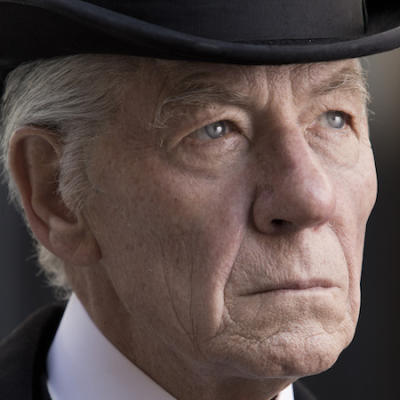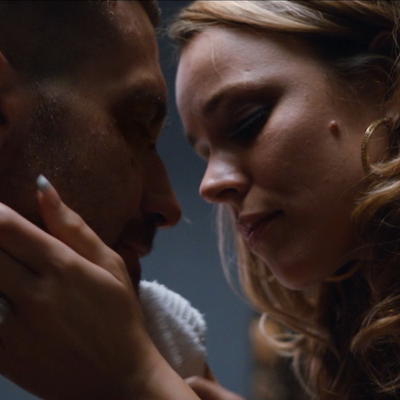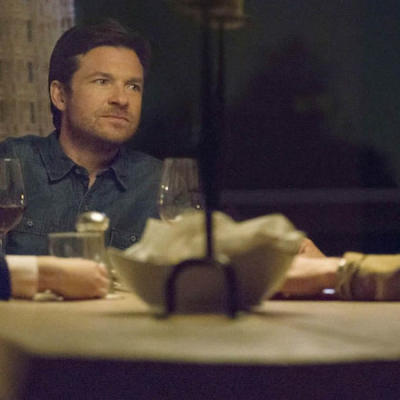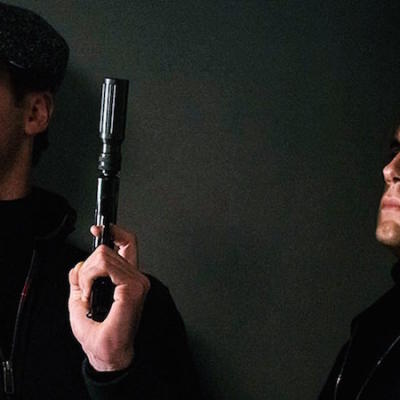Macbeth is surely the Shakespearean play that appeals most to the popular imagination; it has bloody battles, murder, madness, witches and ghosts. The Scottish Play is back on our cinema screens following adaptations by cinematic heavyweights Orson Welles and Roman Polanski in 1948 and 1971 respectively, as well as a dire 2006 version set in the Melbourne organised crime underworld, among others. All these adaptations beg the question: is it really worth another go?
Whether or not you feel Shakespeare even has any place on the screen is a matter of taste. Arguably, though, there’s a right way and a wrong way to do it. Take a look at Laurence Olivier’s many adaptations of The Bard that he helmed as director – particularly the masterful 1944 adaptation of Henry V – and you’ll find adaptations that show a sense of how to create movement and dynamism while remaining true to the spirit of the play.
Unfortunately, this new adaptation of Macbeth, which was written by Jacob Koskoff, Todd Louiso and Michael Lesslie and directed by South Australian Justin Kurzel, who is best known for the much-admired, award-winning Snowtown, is a perfect example of the wrong way. Despite the gorgeous location shooting and impressively staged battle scenes, this version – at once gritty and hyper-stylised – is as static as they come. It’s baffling how this film ended up so flat.
An incredible cast, which includes Michael Fassbender in the title role, Marion Cotillard as Lady Macbeth and the criminally underrated David Thewlis as the doomed King Duncan, among others, are completely underutilised, despite doing their absolute best with the material. The players are barely allowed to emote, as if the trio of writers and the director felt as if Shakespeare’s words would do the heavy lifting. Cotillard, in a role that invites the actor to chew the scenery as the character slowly loses her mind, is completely restrained and lacking in all the fire that makes Lady Macbeth such a memorable figure in the Western canon.
The requisite drama does come fitfully, particularly in the form of Jed Kurzel’s thundering, powerful score and visual touches like the blood-coloured finale. For the most part, though, this film is just dreary. Scenes tend to play out without any sense of dynamics of storytelling. Lines are mumbled and moments that should hit hard simply drift away with the droning, oppressive wind that soundtracks nearly every scene.
Someone must have spoken the name Macbeth too many times on set and invoked the play's famous curse, because this film is a tragedy not just in the dramatic sense. The things that work show so much potential that it’s frustrating to see the film fall flat. It feels completely stage-bound for most of its length – a death sentence for a film of this type – and the additions that the script does make to the original story feel forced and unnecessary. You’ll likely be left wondering: what’s the point of all this bluster?
Macbeth opens in Australian cinemas on Thursday October 1.



